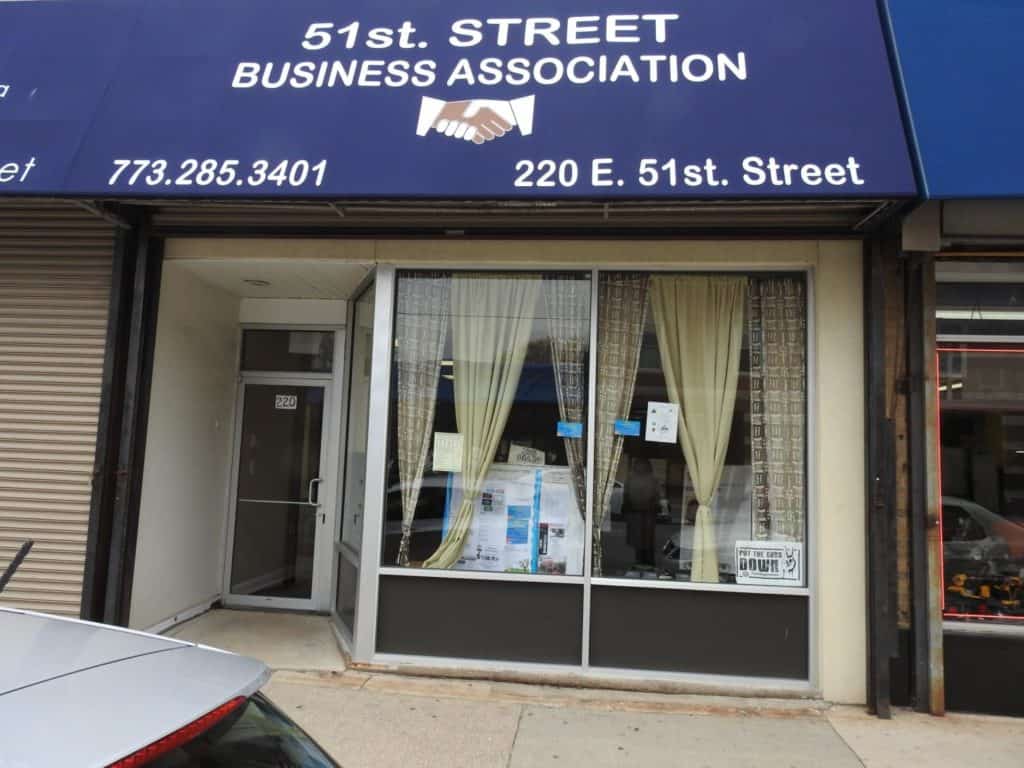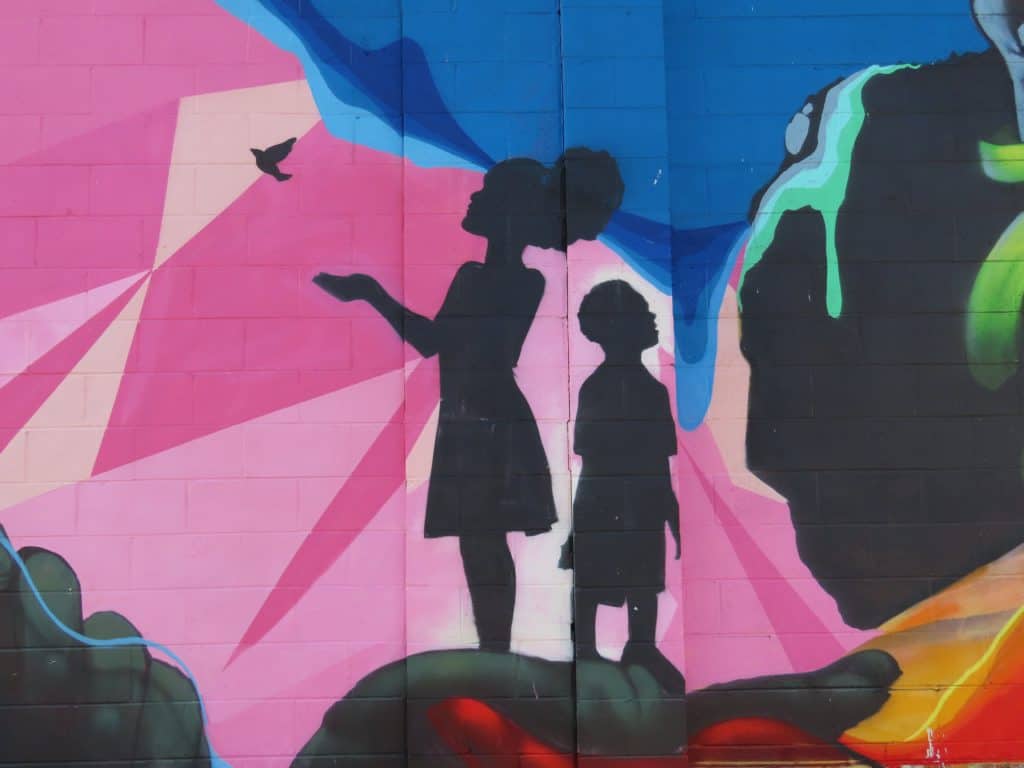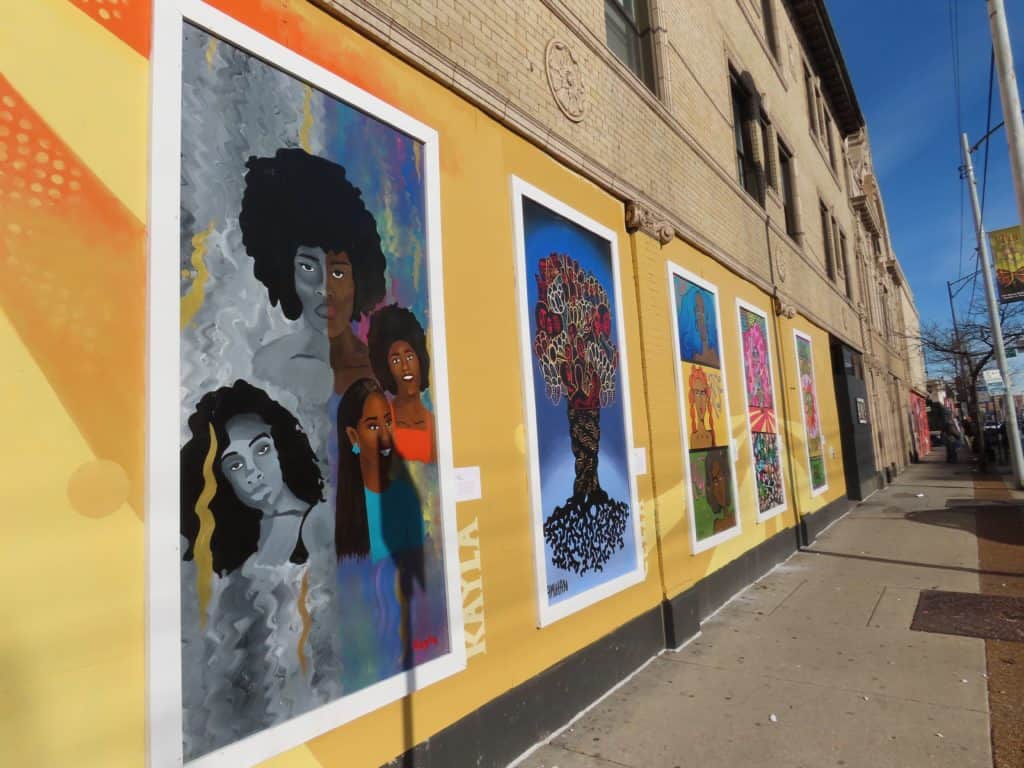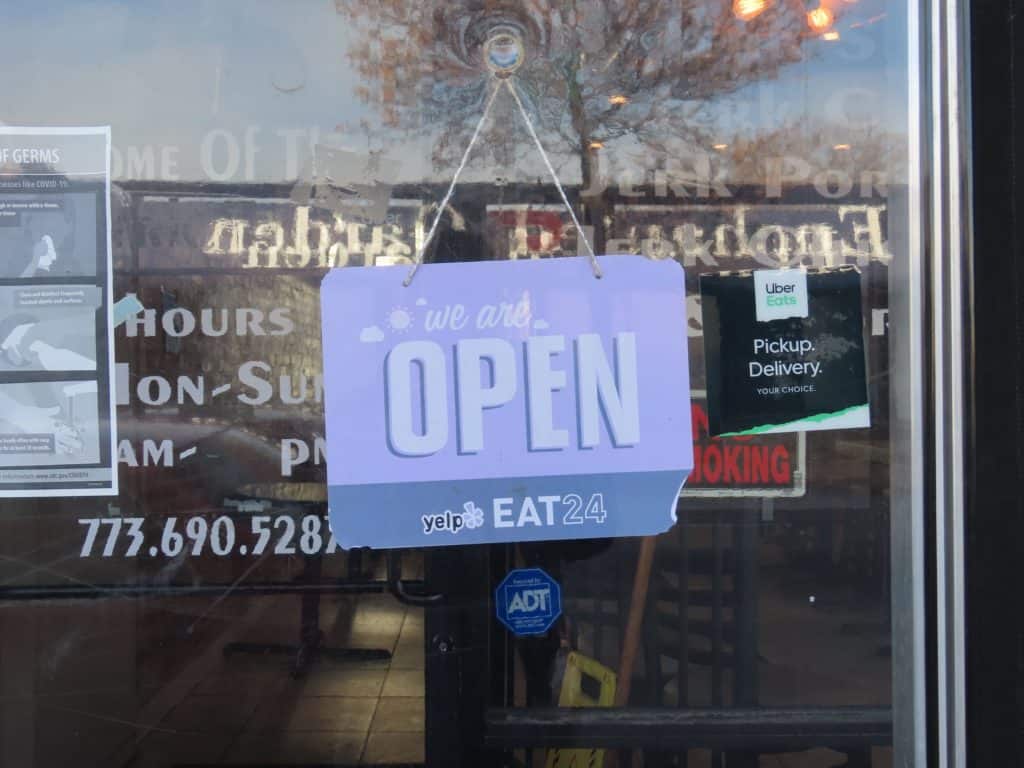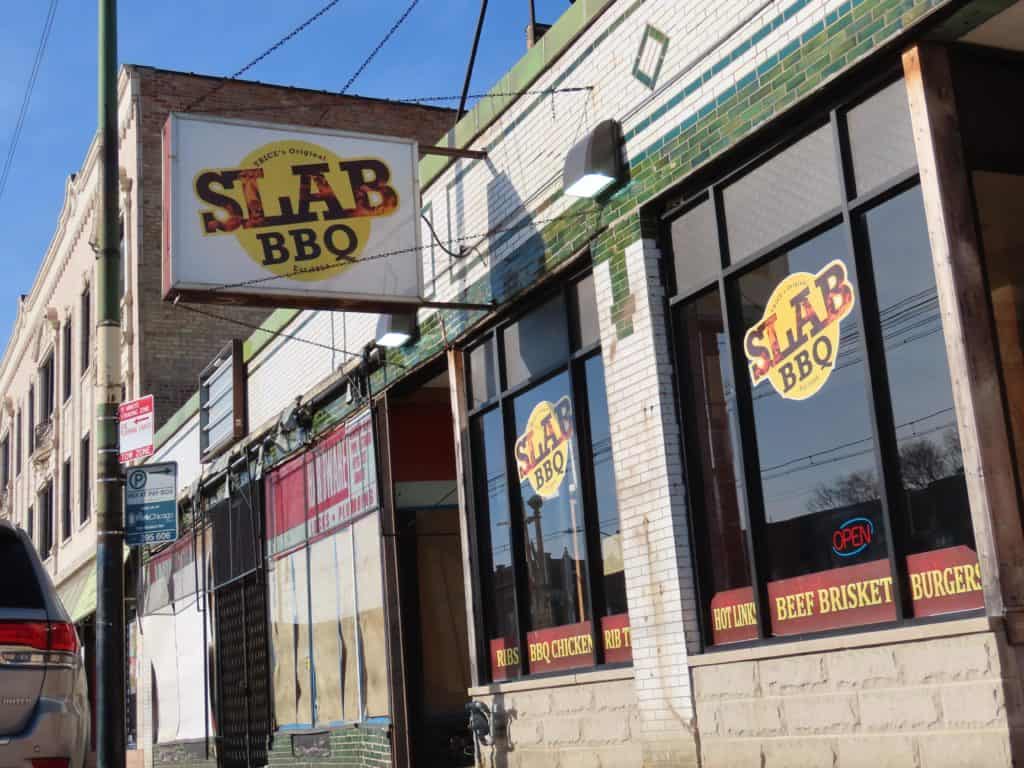Community Economic Recovery through Entrepreneurship: Revitalizing Urban Corridors

By Clark McCain
Senior Program Officer
In 2017, after decades of work to advance entrepreneurship education at colleges and universities, the Coleman Foundation pivoted its attention to Chicago neighborhoods. We began to recognize that the work of creating access to entrepreneurship programs in higher education was substantially complete, and that there were many business owners in low- and moderate-income neighborhoods across the city who would benefit from access to educational support. After spending years navigating higher education systems, their siloed academic departments, and particular campus cultures, we began studying Chicago’s 77 community areas, each having its own character, local players, and neighborhood organizations.
The new realm looked different. Rather than professors teaching entrepreneurship classes in lecture halls, there were advisors giving Saturday morning “technical assistance” sessions on a cell phone. Instead of sophomores learning skills they might employ fifteen years hence, we saw business owners with pressing challenges learning skills they needed now. While college students could take a sequence of courses resulting in a comprehensive understanding of how to run a business, in the community, a business owner might repeat the same program three times because it was the only one available to her.
Grantee Spotlight: UrbanMain Pilot Program to Restore Economic Vitality on Three Chicago Neighborhood Commercial Corridors
We searched for approaches that had worked in other places and came across UrbanMain, a program of The National Main Street Center. In 2019 we supported a pilot project to implement its model of rejuvenating neighborhood shopping districts in three Chicago commercial corridors at East 51st Street, East 71st Street, and West 111th Street & Western Avenue. Planning for UrbanMain’s first three pilot Chicago communities was funded by Driehaus Foundation and Groupon. We provided support to implement their plans intended to build upon the types of businesses already located in the community and to attract shoppers to them.
UrbanMain programs in Boston, DC, Kansas City, and other urban areas rely on strong local Business Service Organizations (BSOs) to serve as corridor managers. BSOs are small chambers of commerce or similar organizations that support local entrepreneurs in a variety of ways, ranging from one-on-one advising on unique challenges a business owner faces to classroom-style workshops that help a group of business owners learn skills such as how to compile and understand their financial statements. In the UrbanMain program, they would take on additional responsibilities to rally, organize, and lead the growth of a commercial corridor in a neighborhood. These were tasks rooted in catalyzing collaboration across a local business landscape.
While factors relating to COVID-19 interrupted many of UrbanMain’s plans in Chicago, the groups were able to conduct some productive activities. Through this, we learned that many of the smaller, community-rooted BSOs in Chicago which are necessary to take a leading role in the UrbanMain model are under-resourced and ill-equipped to provide the required direction. According to Dionne Baux, Vice President of Urban Development for Main Street USA, Chicago neighborhoods can feel like islands unto themselves, with BSOs working so hard that they don’t have the capacity to learn from their peers. “I heard,” explains Baux, ‘I’m trying to help our businesses. I don’t have time to collaborate!’”
Strengthening a Network of Business Support Organizations to Support Business Growth and Investment
Over the next two years, we identified a set of BSOs that provide education and training in different parts of the city. Some are small, neighborhood rooted organizations like the ones involved in UrbanMain’s program. We are working to strengthen the BSOs through incentives for collaboration and providing them with resources to increase capacity. We are learning from them and growing a new group of grantees.
As we continue our own programmatic pivot, we are coming to understand that a strong network of BSOs is essential to help business owners be successful in transforming commercial corridors in low- and moderate-income neighborhoods. More work needs to be done to understand their unique needs and potential. By strengthening them and helping them to build the network through which they best serve business owners, they will teach us how we can best serve them to catalyze change in urban corridors.

